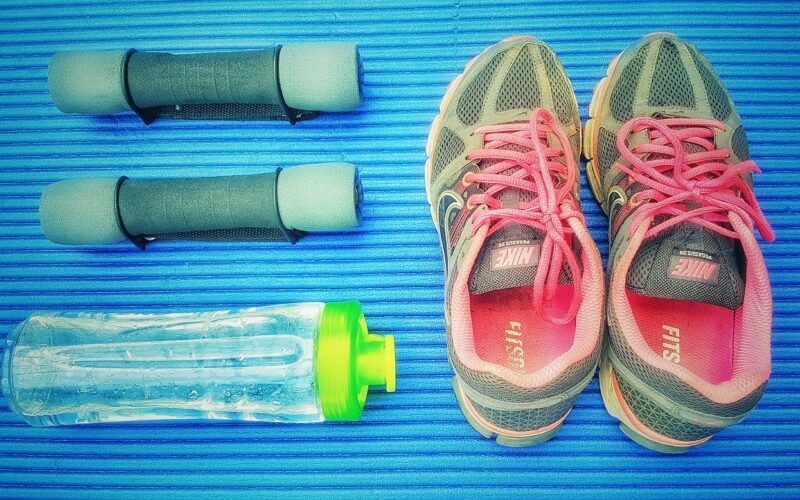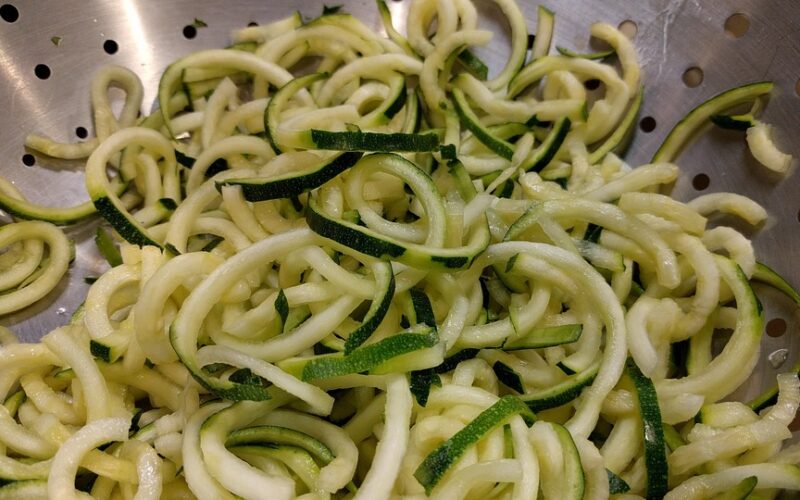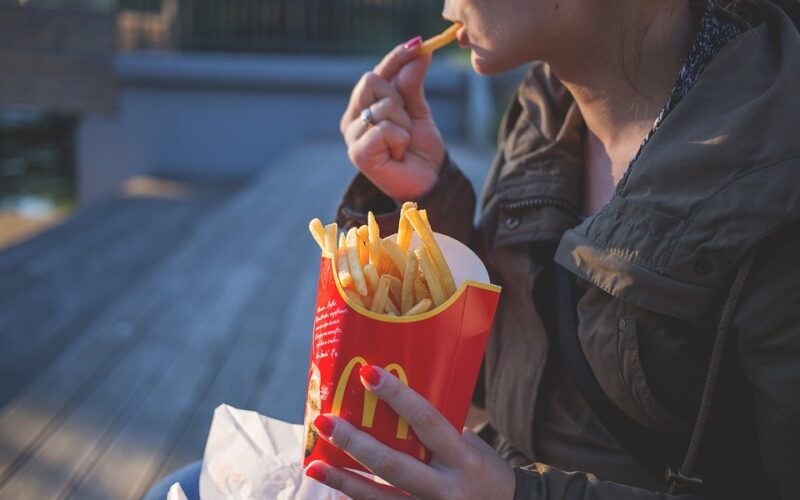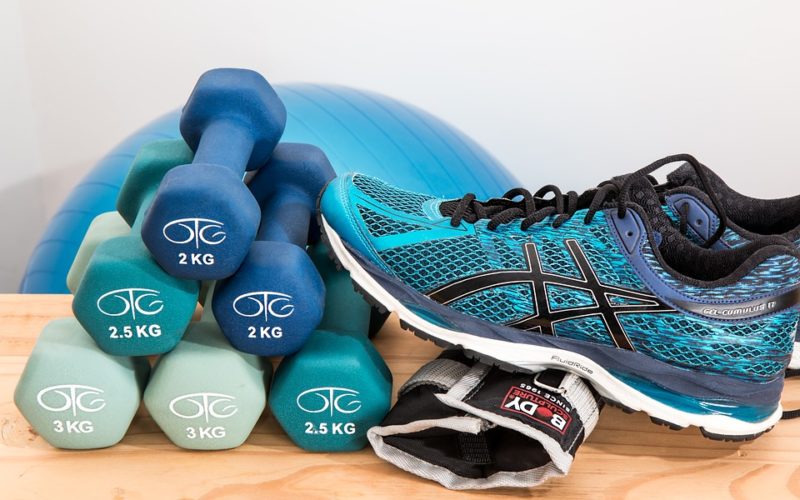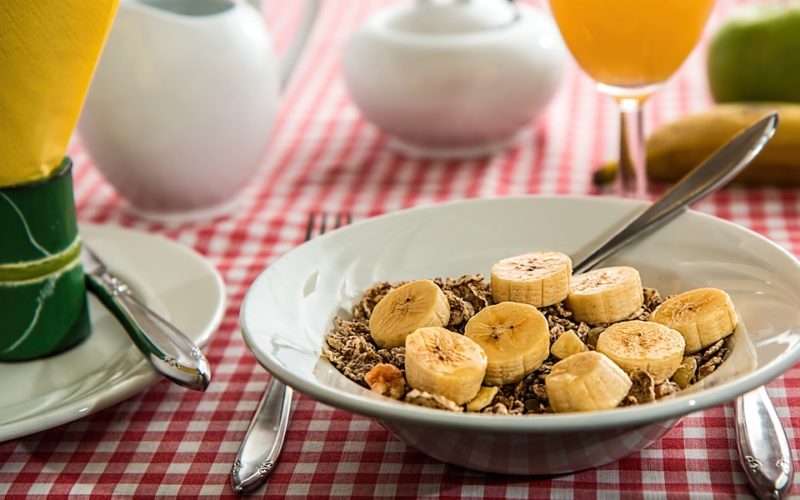Wholesale life changes are difficult to sustain over the long run, so they are not generally recommended for those who need to lose a great deal of weight. Even physicians with concerns for the overall health of their patients are more likely to recommend they start slowly and retrain their habits. It might seem ridiculous to think of becoming healthy one snack at a time, but it might be the most successful way to lose weight and get healthy on a sustainable basis. Making small changes here and there means feeling less deprived and able to cope with overall change.
Snacks are often an area where unhealthy consumption of empty calories occurs, and it is a good area to begin making adjustments. Eating cookies in the afternoon can be changed to having a piece of fruit one day a week or raw vegetables two days a week. Cookies can still be consumed on the other days, and it helps create a picture in the mind that cookies are not on the forbidden list. Giving a person the opportunity to have something they like often makes them less likely to choose it.
Deprivation has long been associated with diets, and it is a large part of the reason they are not sustainable over time. A person might be able to give up fried anything for a week or two, but telling them they can never have it again makes it more delicious in their mind. Instead of a diet plan that eliminates foods a person loves, giving them what they want as a reward every few meals can actually accomplish the goal of cutting calories elsewhere.
A good diet plan should be one that will always be used, so cutting out every great snack or tasty food high in calories is not realistic. People looking for a sustainable diet should have a reward system built into it where they occasionally get to eat their favourite foods.


